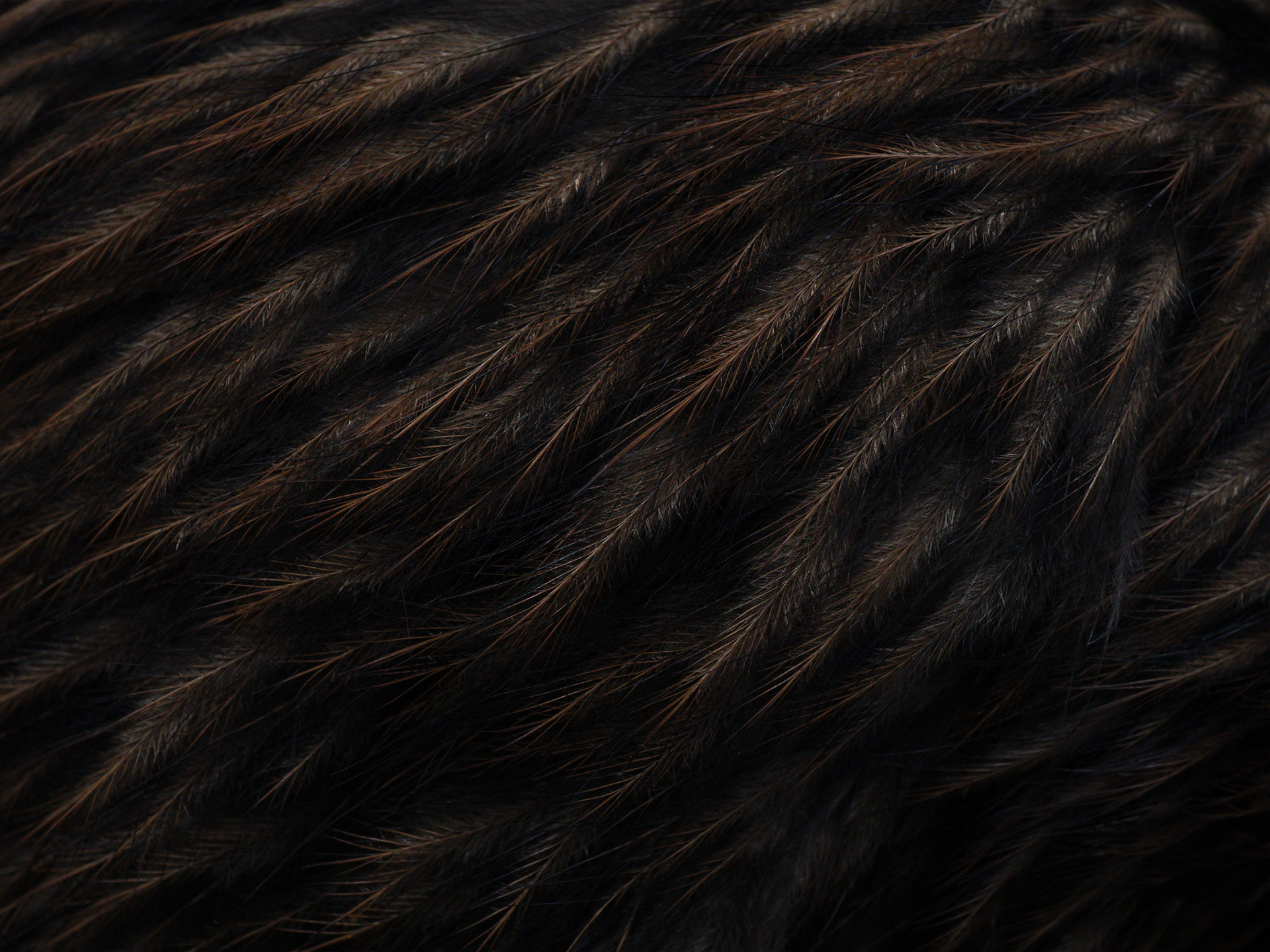A yellow-eyed penguin, who had been in Wildbase Hospital’s care the past few months, was released at Victory Beach on the Otago Peninsula, Thursday 4 June.
The hõiho is one of many who received treatment from Massey University specialist wildlife technicians in Palmerston North. The cause of the injuries, which were mostly to the feet, tendons and some flippers, are thought to have been caused by a barracuda.
The birds had been put on cage rest to immobilise their wounds and then moved into a recovery stage that included daily swims in a free-flowing water pool to work on their waterproofing and deeper pools to test their fitness for the wild.
The pools used have been recycled from the temporary facilities Wildbase used during the Rena oil spill. As part of the Wildbase Recovery project plans, three custom-built aviaries with 16m2 recovery pools for ocean, shore, and wetland have been designed by specialist wildlife and zoo architects to help injured and sick seabirds regain their strength and regrow their waterproofing feathers.
Wildbase Recovery, recognised by the Department of Conservation with a 30-year permit, will allow Massey University wildlife technicians to rehabilitate endangered species at Palmerston North’s Victoria Esplanade.
In addition to ocean, shore and wetland birds like the yellow-eyed penguin; the world-class facility will provide temporary homes for other species such as kiwi, takahē and kaka before their release back into the wild.
The Wildbase Recovery Community Trust is tasked with raising the $5.69m need to build the community funded wildlife recovery centre. To date almost $2m has been raised, thanks to grants from Central Energy Trust and the Lottery Grant Board’s WW1 Commemorations, Environment and Heritage Fund.
“Combining Massey University’s expertise with community efforts, Wildbase Recovery is well placed to lead the rehabilitation and conservation of New Zealand’s native species,” says Wildbase Recovery South Island Ambassador, Nicola Toki.
Whenever possible, birds are always released back to where they were found. The yellow-eyed penguin will arrived in Dunedin tomorrow at 2.20pm from Palmerston North via Christchurch, as part of Air New Zealand’s relationship with the Department of Conservation. The hard release will be managed by the Yellow-eyed Penguin Trust, who owns the reserve where this particular penguin was found.
The species is one of the rarest penguins in the world, with approximately only 450 breeding pairs found on the south-east coast of the South Island. Their status is listed as “near threatened” with the threats to their survival including trampled nest by livestock and introduced predators such as ferrets and stoats.
New Zealand Herald story
New Zealand Herald story
Manawatu Standard story and video
